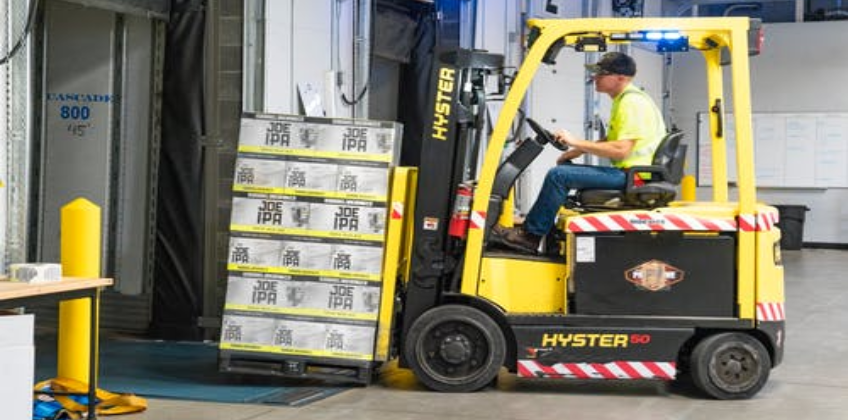You must be wondering what this fellow is referring to. I was also wondering same thing, when 3 decades back, when I was a novice planner, my boss told me these lines.
Let me take you back in time, when desktops have just arrived on corporate scene, and we were thrilled to use Lotus 123. For all our calculations we were dependant on Calculators (my boss used to have Casio scientific calculator (many of you might have heard about this)).
As Internal opportunity came, I was shifting from “Research” to “PPIC”, yes, it was possible to shift like this! In Research, we always used to envy the PPIC fellows, as they used to be omnipresent, used to talk with every fellow in factory, used to attend meetings with big bosses and so on.
First day in PPIC for me was like entering a foreign language class in full swing. There were nine fellows in PPIC office and whole day I was trying to digest the new terminologies like Rolling Plan, Frozen period, Planning Bucket, likely to be available, operations report, OPD (over printing data), first pack approval, line clearance, so on and so forth. Next day I met Boss and asked him, apart from learning the techniques of planning, what else will help to be a better planner. (In today’s terminology, I was asking which soft skills need to be learned and/or improved to be a better planner)
Coming back to point, boss just said “You need to be non-selective listener but selective communicator”. He took me on factory round, which lasted for four and half hours. Apart from production persons, we met so many non-production persons like maintenance, engineering, projects, warehouse, quality, Data Centre (We used to have data entry operators), factory medical doctor, ……. list goes on. Boss used to talk with everybody and ask any exception to share. e.g., maintenance fellow will inform, there is break down of some machine which he is attending just now, &how much time it will take to repair etc. Boss will make mental note and we will proceed further. After returning to PPIC office, he went on calling various departments for updating any corrective actions or change in plans.
He then emphasized the sentence which he told, as a planner you should be like a sponge and absorb all the information coming in and then analyse. It should “Click” as to which information has impact on what part of plan and communicate the likely impact to the concerned/affected person/department. He gave an example to say, we met the maintenance person, he mentioned about the breakdown of a particular equipment. I knew which batch is running on that equipment. That batch is part of export consignment (FCL) which is planned for dispatch in 11 days. Because of breakdown of the equipment, the product readiness is likely to be delayed by minimum 2 days and hence he called Export department to give alert about likely delay.
He also mentioned that our communication should be done in such a way(Selective) that we should not allow the source (of information) to get dry(You all know what I mean!).
In today’s world where the information is available in abundance and AI and other digital tools will help you take decision faster as compared to days when data/information collection was a manual process, still in my opinion, the skill of listening and communication mentioned by my boss still hold good, what is your opinion?

